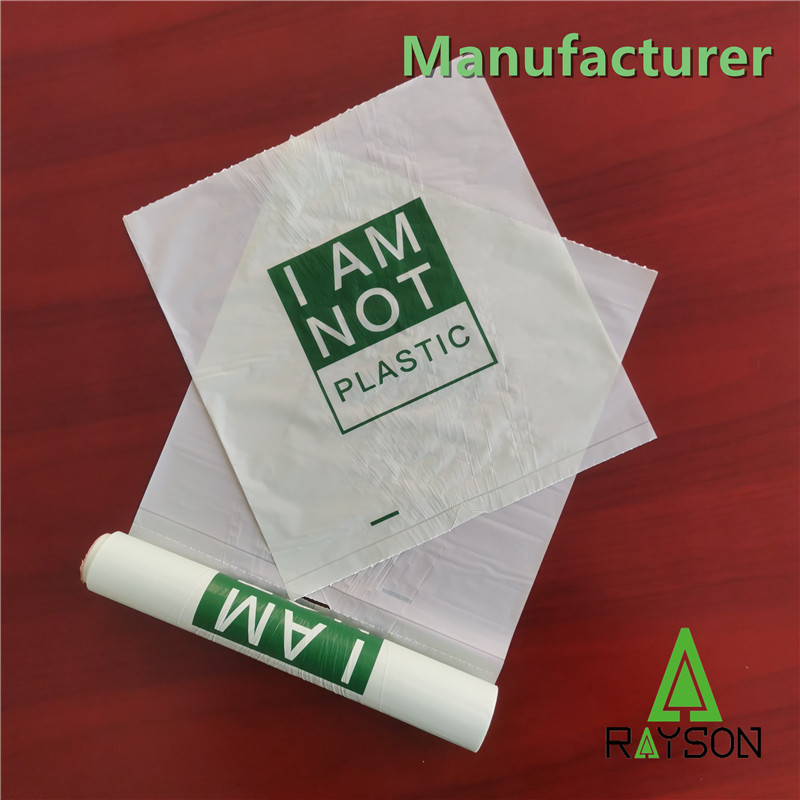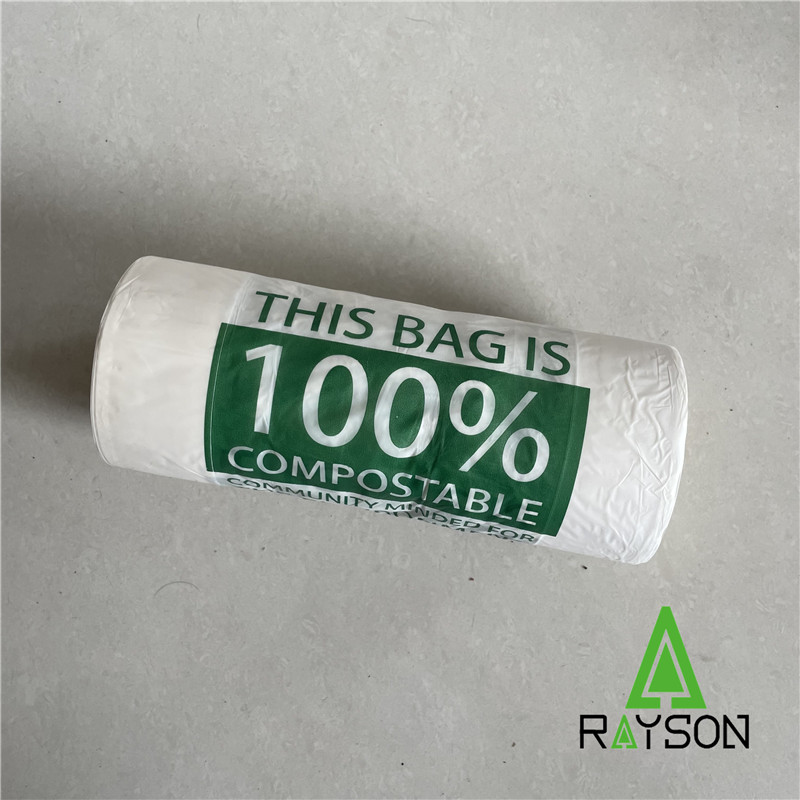Industry news
What‘s the Pros and Cons of Compostable Bags ?

Compostable bags have emerged as a promising alternative to traditional plastic bags, aiming to reduce environmental impact and promote sustainable practices. However, like any product, they come with their own set of advantages and disadvantages.
Pros:
Environmental Benefits: Perhaps the most significant advantage of compostable bags is their ability to break down into natural components within a composting environment. This reduces long-term environmental pollution compared to traditional plastic bags which can persist for hundreds of years.
Reduced Waste in Landfills: Compostable bags divert organic waste from landfills, where they would otherwise contribute to methane emissions. Instead, they decompose alongside other organic matter, enriching the soil with nutrients.
Renewable Materials: Many compostable bags are made from renewable resources such as plant starches, cellulose, or biodegradable polymers derived from plants like corn or potatoes. This reduces dependency on finite fossil fuels used for traditional plastic production.
Consumer Appeal: With increasing awareness of environmental issues, consumers are often more inclined to choose products labeled as compostable, contributing to a shift towards eco-friendly behaviors.
Regulatory Support: Some regions offer incentives or regulations promoting the use of compostable bags, encouraging businesses and consumers to adopt more sustainable practices.

Cons:
Cost: Compostable bags can be more expensive to produce than traditional plastic bags due to the cost of sourcing and processing bio-based materials. This cost is sometimes passed on to consumers, making them less economically viable in some markets.
Durability: While advancements have been made, compostable bags generally have lower durability and strength compared to traditional plastic bags. This can be a concern for certain applications where sturdiness is required.
Composting Requirements: Proper composting conditions are necessary for compostable bags to degrade effectively. If disposed of improperly, such as in conventional recycling or landfill, they may not break down as intended, negating their environmental benefits.
Market Confusion: The term "compostable" can sometimes be confusing for consumers, as not all compostable bags are suitable for home composting. Clear labeling and education are crucial to ensure proper disposal.
Production Challenges: Scaling up production of compostable materials to meet global demand poses logistical and technological challenges. Ensuring consistent quality and supply chain sustainability can be complex.
In conclusion, while compostable bags offer significant environmental advantages over traditional plastic bags, they also present challenges that need to be addressed. Continued innovation, consumer education, and supportive policies will be essential in maximizing the benefits of compostable bags and mitigating their drawbacks.

